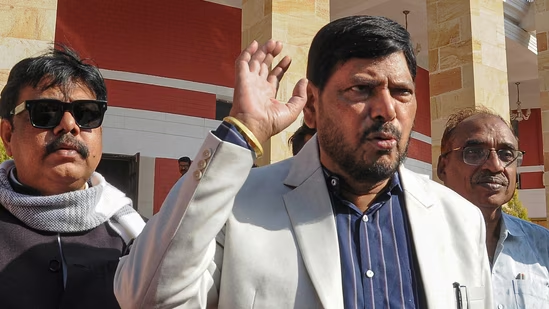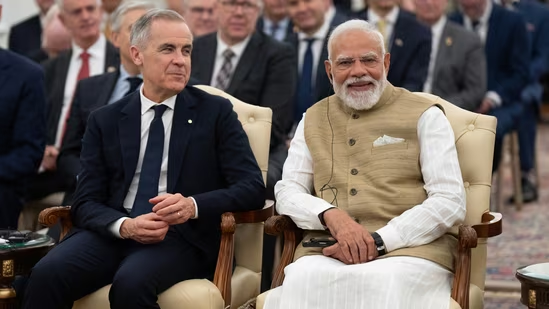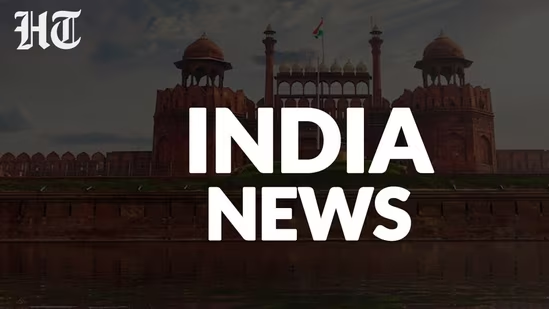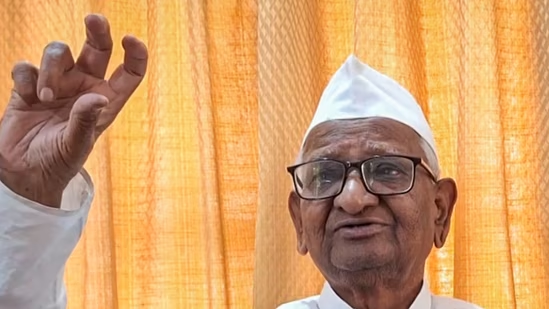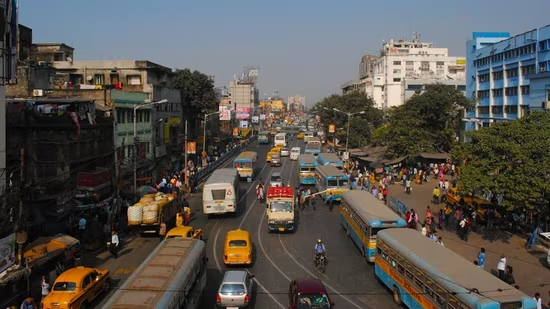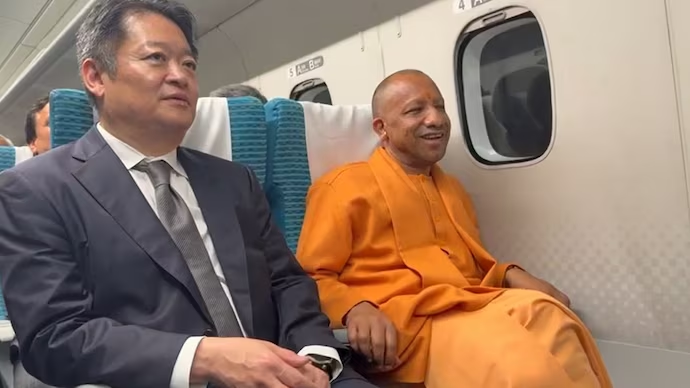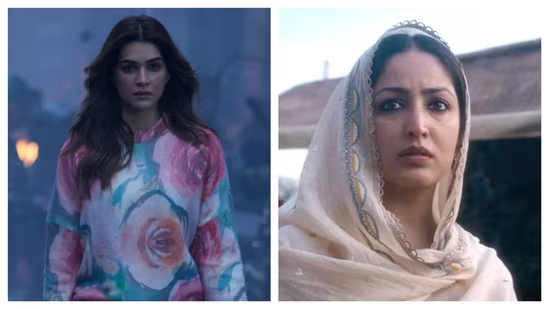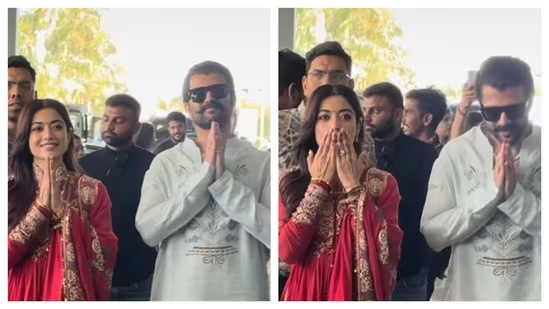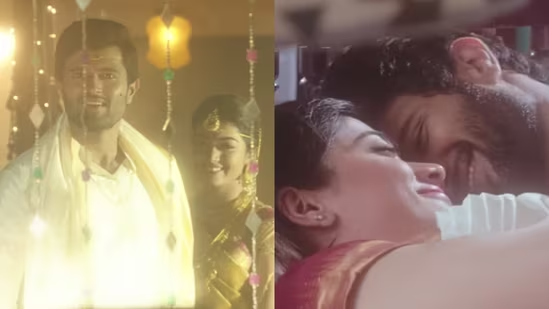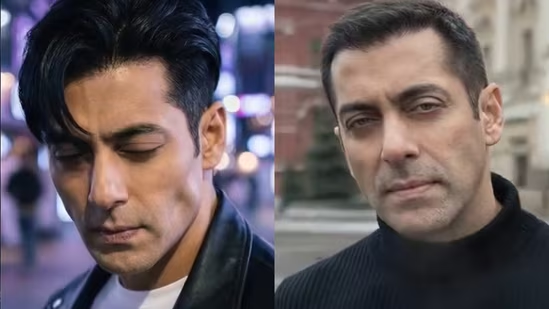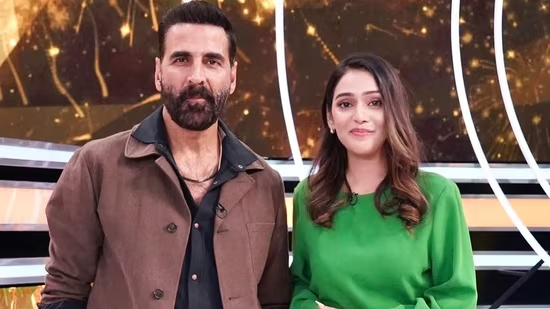In a time of rising polarization in India, Rahul Gandhi has emerged as a voice for healing and unity, emphasizing the importance of “love, respect, and humility” in politics.
His recent interactions in the United States have drawn global attention to the current political crisis in India, challenging the dominant narratives perpetuated by the ruling Bharatiya Janata Party (BJP) and its ideological partner, the Rashtriya Swayamsevak Sangh (RSS).
This article explores Gandhi’s vision for a pluralistic society, the significance of his Bharat Jodo Yatra, and the broader implications for democracy in India.
Understanding the Political Context
The Crisis of Democracy in India
The backdrop of Gandhi’s assertions lies in the ongoing erosion of democratic values in India. Under Prime Minister Narendra Modi’s leadership, critics have observed a systematic undermining of institutions meant to safeguard democracy, including the judiciary and the media. Gandhi has pointed out that this environment restricts the opposition’s ability to communicate effectively, necessitating alternative strategies for political engagement.
The Bharat Jodo Yatra: A Movement for Change
The Bharat Jodo Yatra, a 4,000-kilometer march across India, was initiated by Gandhi to reconnect with the grassroots and promote a message of unity. This journey symbolizes a rebellion against the divisive politics of fear and hatred that have characterized recent electoral campaigns.
Gandhi’s emphasis on walking shoulder-to-shoulder with diverse communities demonstrates a commitment to inclusivity and collective action.
The Philosophical Foundations of Gandhi’s Message
Love as a Political Virtue
Gandhi’s insistence on love in politics is a profound departure from the prevailing climate of hostility. He frames love not as mere sentimentality but as a necessary principle for societal harmony. This perspective echoes the teachings of historical figures such as Mahatma Gandhi and Buddha, who advocated for tolerance and forgiveness.
Love vs. Hate: In contrast to the BJP’s majoritarian agenda, which often marginalizes minorities, Gandhi’s narrative seeks to establish a more equitable framework. He articulates that love should inform political actions and decisions, creating a foundation for justice and inclusivity.
The Role of Diversity and Secularism
Gandhi challenges the RSS-BJP vision of cultural uniformity, asserting that India is a tapestry of cultures and beliefs. His message emphasizes that diversity and secularism are not merely political tools but essential elements of the Indian identity. By promoting interfaith dialogue and understanding, Gandhi aims to foster a climate where pluralism can thrive.
The Ideological Battle Against Hate
The Threat of Authoritarianism
Gandhi’s critiques of the Modi government reveal a broader concern about authoritarianism and the manipulation of national sentiment. The Prime Minister’s rhetoric often seeks to consolidate power by casting dissenters as anti-national, effectively stifling legitimate political discourse.
Mobilization Against Hate: In this context, the Bharat Jodo Yatra serves as a powerful counter-narrative, aiming to revive democratic ideals and resist the drift towards authoritarianism. Gandhi’s approach invites citizens to reclaim their voices and engage in the democratic process.
The Power of Collective Action
Gandhi’s vision extends beyond individual political success. He believes in the power of collective action to inspire societal change. By walking across India and engaging with various communities, he aims to demonstrate that unity can overcome division, and that grassroots movements can reclaim democratic spaces.
Reactions to Gandhi’s Approach
Criticism and Support
While some critics dismiss Gandhi’s emphasis on love as naive or impractical, many see it as a necessary antidote to the current political climate. His approach resonates with those who are disillusioned by divisive politics and yearn for a more compassionate and inclusive society.
Symbolism of Unity: Gandhi’s hugs and public displays of affection towards individuals from all walks of life serve as potent symbols of equality and inclusivity, contrasting sharply with the BJP’s divisive tactics.
The Role of the Opposition
The opposition parties have begun to adopt Gandhi’s rhetoric, focusing on themes of love, respect, and humility. This shift indicates a recognition of the need for a unified front against the rising tide of hate and division.
Conclusion
Rahul Gandhi’s advocacy for love and unity amidst a backdrop of political crisis is not merely a personal stance; it reflects a broader vision for the future of India. By championing the ideals of diversity, secularism, and collective action, he seeks to heal a fractured society and restore faith in democratic values. His Bharat Jodo Yatra exemplifies the potential for grassroots movements to counteract the forces of division and hatred.








